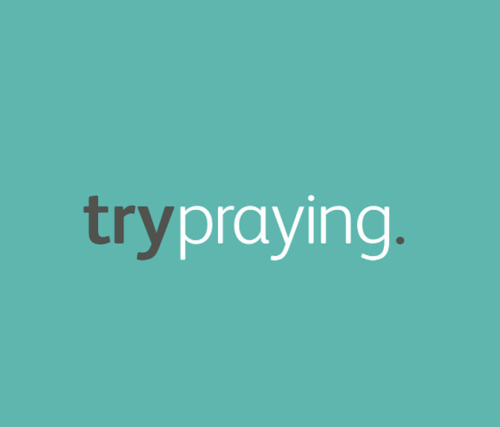Notice from the Minister
Try Praying

Does anyone listen when we pray? Is there anyone there who cares about our lives? Most people pray at some time in their life. Amazing things can happen when we pray and so often people discover someone who listens. But it’s not just religious people. Millions of people who are not religious also pray.
Vivid Vision
The future of the Church of Scotland lies in God's hands. We believe this to be true, and so we look to the time ahead with faith.
We also believe we each have a significant part to play in the future of the Church of Scotland and so we give ourselves to listen, learn, plan and act.
